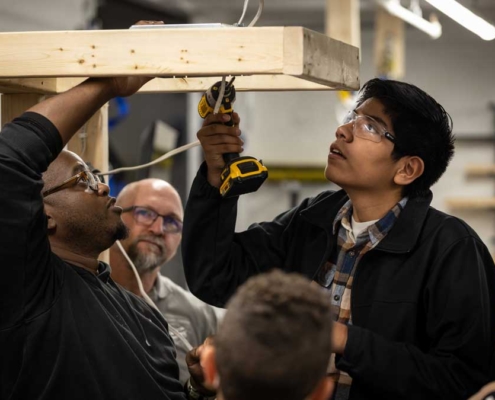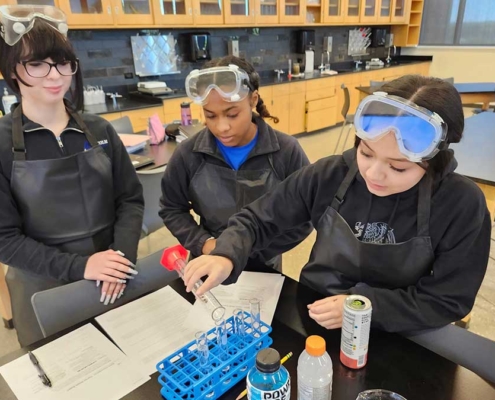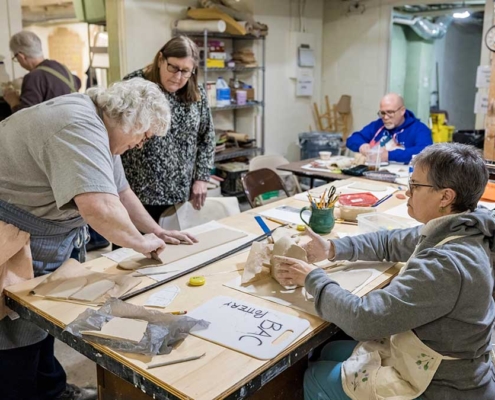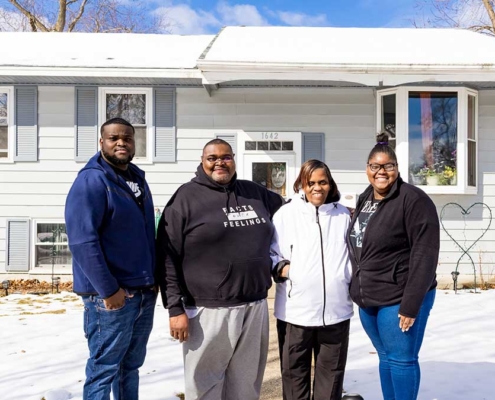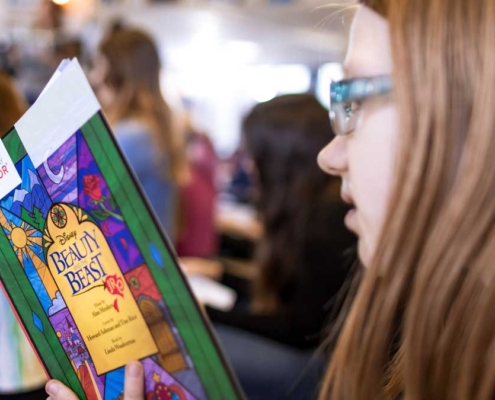 https://hendricksfamilyfoundation.org/wp-content/uploads/2026/01/eclipse_park_expansion.jpg
675
1000
Richard McGrath
https://hendricksfamilyfoundation.org/wp-content/uploads/2023/06/hendricks_family_foundation_logo_wht.png
Richard McGrath2026-01-12 21:09:372026-01-13 20:31:08Eclipse Park and the Expansion of The Lincoln Academy
https://hendricksfamilyfoundation.org/wp-content/uploads/2026/01/eclipse_park_expansion.jpg
675
1000
Richard McGrath
https://hendricksfamilyfoundation.org/wp-content/uploads/2023/06/hendricks_family_foundation_logo_wht.png
Richard McGrath2026-01-12 21:09:372026-01-13 20:31:08Eclipse Park and the Expansion of The Lincoln AcademyThere’s little doubt that Beloit has a plethora of committed agencies and organizations striving to support our young people. They offer a rich array of programs, ranging from mentoring, pre-college preparation, summer camps, athletics/recreation, music instruction, healthy lifestyles and many more.
Yet, too many of our youth are not finding the success they need to achieve in today’s world.
The challenge for the group is, are we having an impact and how can we work differently
It is the educational achievement and post-secondary success of our youth.
How that priority can be implemented, what goals can be set and how various community groups can collaborate are among the questions the Foundation is exploring.
To begin, the Foundation hosted a conversation with Beloit youth serving organizations. On April 19th , almost 40 individuals, representing dozens of programs gathered at Hendricks CareerTek. “It comes to a point where effort alone is not enough. You have to take a step back and ask the hard questions.
The most important of those is, how are our kids doing?” says Lisa Furseth, Executive Director of the Foundation.
Among items to be discussed:
- What does the youth current youth opportunity landscape look like?
- How many kids are being touched?
- What are our assets and challenges?
- What are our community-level outcomes?
- If we were to design the perfect system for effectively preparing our kids, what would it look like?
Groups can access the Youth Opportunity Solicitation through the Foundations grant management system
As a result, HFF is inviting organizations interested in improving youth outcomes to submit their programming ideas. HFF will review those and if promising opportunities emerge, the Foundation will invite those organizations to submit a proposal for funding.
Specifically, the Foundation is interested in efforts that show the ability to influence one or more of the following objectives:
- Increase attendance/reduce truancy
- Improve non-cognitive skills correlating with academic performance and decision making.
- Improve math and reading scores and overall GPA
- Increase experiences in opportunities in the skilled trades, business, IT, entrepreneurship, hospitality and health care.
- Increase numbers of post-secondary transitions into apprenticeship opportunities and youth completing youth apprenticeships
- Increase college enrollment and first-year success in college
- Increase enrollment in the military
- Reduce youth and young adult unemployment rates (ages 16-24)



